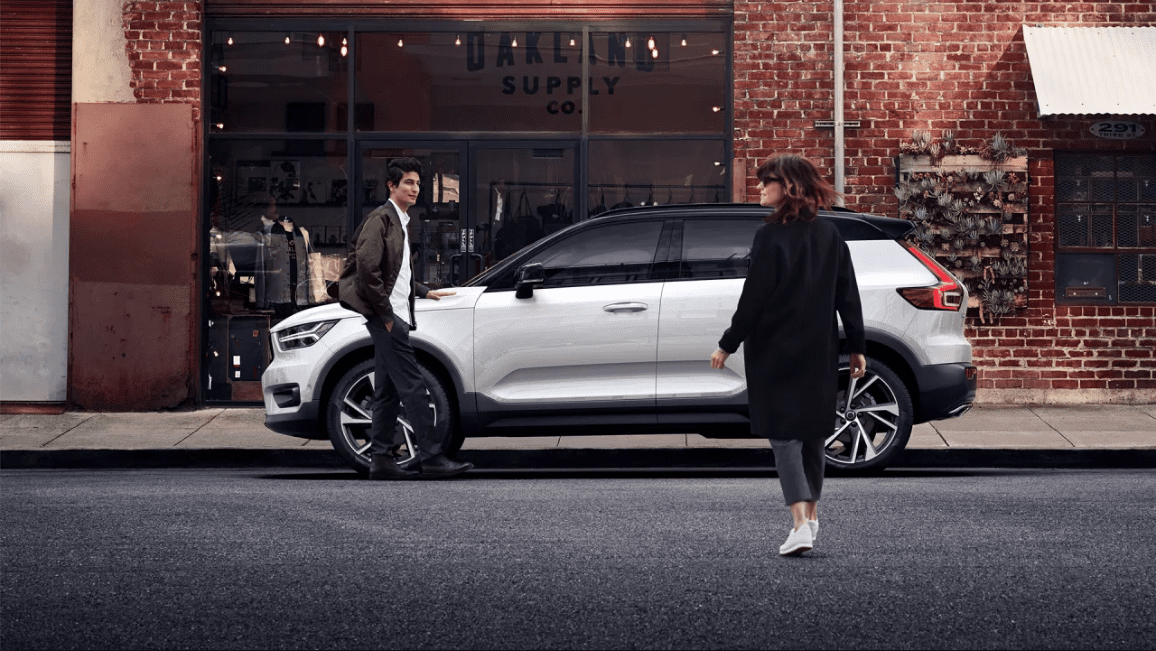Car subscriptions are one of the hottest trends automakers are currently jumping on, but red tape might prove to be a significant stumbling block for many going forward.
Subscription programs like Volvo’s Care and Cadillac’s Book are making it easier for people to have cars only when they need them, cutting down costs and adding convenience. The nascent programs are still just in a few major cities, but there are plans to add more cities shortly.
In many ways, a subscription is similar to a lease program. However, subscriptions differ in length of time and responsibility. These are key points that make subscriptions attractive to people working in major cities who generally rely on public transit and to millennials who don’t have the funds to put down a sizeable down payment on a new car but would like to drive one.
There are other ways in which a subscription differs from a lease. For example, many of the current programs do not give the option to buy at the end of the period, as you would have for a lease. Another meaningful way that subscription differs from a lease is that subscriptions bypass dealerships, going straight to customers via the automakers.
That last point has become an obstacle for the future growth of auto subscription services, as the model could be in conflict with dealership franchise laws and state revenue streams. Already, Indiana has put a temporary ban on subscriptions through May of 2019. California is working on a way to make automakers offer subscriptions through dealerships. New Jersey is not far behind in considering legislation. In all the cases, dealerships are looking to ensure they’re given a fair deal, and that all the details are firmly set out so that they don’t get shortchanged if subscriptions become the way to go.
Customers can expect to see this conflict play out over the coming months as both sides work to ensure their interests are protected. Dealerships would like to make sure that they aren’t being sidestepped out of the industry if subscriptions take off, and automakers want to cut the same red tape they’re now hitting by going directly to the consumer. Unlike phones, however, cars are heavily subject to regulation and state law, which could complicate matters for automakers and provide leverage for dealerships.
“We want to make sure that any subscription program done by a franchisor is done with its franchisees,” the president of the California New Car Dealers Association, Brian Mass, told Automotive News in an article, Auto Subscriptions’ Next Hurdle: State Laws. Matthew Haiken, a Volvo dealer in New Jersey and chairman of the Volvo Retail Advisory board, echoed these concerns in the same article. “What happens down the road if this takes off and you try to cut our margin, or you try to cut us out completely? We need to be able to protect our margins based on the expense structure that we have in the dealership.”
For their part, automakers are fighting back by claiming that they are free to compete and their objective is not to actively cut anyone out, rather provide the best options to customers. Time will tell which side will succeed.








